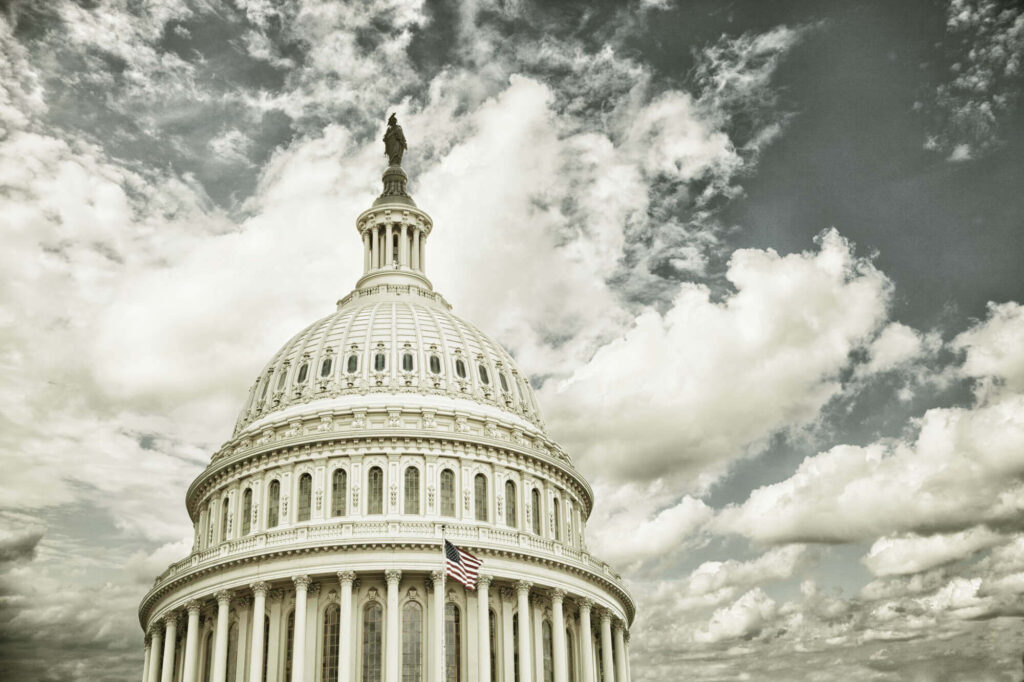The Trump Administration is calling for sweeping federal regulatory changes. As part of this overhaul, Labor Secretary Alexander Acosta has been tasked with occupational licensing reform. This month, Acosta called for the elimination of “unnecessary” licenses and urged for the streamlining of medical processes. So, what’s happening with this reform effort? And what are the possible implications for you as a practicing doctor, pharmacist, real estate agent or other professional who depends on license credentials?
Why Do People Want to Change the System?
During a speech at the 44th Annual Meeting of the American Legislative Exchange Council (ALEC), Acosta asked state legislators to do away with what he thinks are burdensome occupational licensing requirements.
Here is the basic argument. In 1950, around 1 in 20 American jobs required licensure. Today, nearly a quarter of Americans require a license to work. Acosta and others argue that:
- Excessive licensing leads to excessive costs that bar some qualified Americans from entry to productive work;
- Licensing can create (pointless) barriers across state lines; and
- The current system inhibits those who want to expand their practice by leveraging technology.
The Counterarguments
Critics want the government to support the current health and safety licensure paradigm (or something like it) for several reasons, such as:
- It protects consumers by helping them distinguish qualified professionals from those with inadequate skills;
- Unraveling the current system without due caution could devalue the effort and investment that doctors, dentists, nurse practitioners, and professionals have put into their work; and
- Licensing creates clear, objective standards.
So, What Will Happen?
Industry observers doubt that we are on the verge of some fundamental paradigm shift in licensure. However, we should gird for change. For instance, to become an attending physician, you will still need to do the basics—graduate from an accredited MD or DO medical school and complete an ACGME- or AOA-accredited residency program in a specialty. However, we might see more streamlined processes for interstate licensing.
Telemedicine, meanwhile, may blossom. Rural and underserved populations need more access to board-certified professionals, but today’s state licensing guidelines severely limit the scale of telemedicine. That may change for the better. Those who lack access to quality medical care for economic or geographic reasons should benefit from such adjustments.
The Future of Licensing
If you hold an occupational license in health or safety, don’t stop studying yet. These professions will continue to have strict requirements for entry and continued licensure.
For more information about how changing licensure requirements may affect your occupational license, call the BERTOLINO LLP team at 512-717-5432, or contact us online.
BERTOLINO LLP proudly represents licensed professionals across the entire State of Texas. To best serve our clients we have offices in Austin, Houston and San Antonio.
Call or text (512) 476-5757 or complete a Case Evaluation form





